Interview with Luca Vignali solo oboe at Rome Opera House.
We want to thank Luca Vignali for his collaboration in this interview with which we will close the year 2019. We hope you enjoy reading the interview. You can read other interviews on our blog.

How were your beginnings in music / with the oboe? Were there more musicians in the family?
I was the first musician in my family, since I was a child, for my birthday, I used to ask my parents to buy plastic musical instruments for me, not toys like soldiers like all my friends.
When did you decide that you wanted to dedicate the oboe professionally?
When I was 7 years old I started playing clarinet in the woodwind ensemble (Banda) of my town. The clarinet is very famous in my country because a kind of music called “Liscio” (folk music) often uses the solo clarinet like a soloist. So to enter in the music school I had to change the instrument because the clarinet classes were full. With the oboe it was “love at first sight” and I decided to change from the clarinet to the oboe.
Which teacher has influenced you the most? How was studied with the Maestro Lothar Koch?
In Italy I studied with maestro Gino Siviero, one of the most important schools of the oboe in the nation, of German inspiration. When Lothar Koch listened to me in a master’s degree, he invited me to Germany to go on the “Karajan Academy”.
Lothar Koch is now still the oboist who impressed me most, very strict teacher, but very generous!
My lessons were 5 days a week for 2 hours. Each lesson Koch played the piano in the solo and orchestral repertoire. In those years I was also lucky enough to play with Berliner and H.V Karajan.
What type of oboe do you play and why did you choose it?
I play Yamaha Duett modified by Eros Marchi, the most important oboe shop in Italy. Yamaha is a very easy instrument for me, perfect for the orchestra thanks to the flexibility and the dark sound such as the Marigaux 901 which was my first instrument.
If you had to highlight an oboe repertoire, what would it be and why?
I am a traditionalist, I love the energy of baroque and the transparency of classicism. Few notes well played could enchant me. I think that the Mozart concert is still one of the most difficult pages to play, despite Pasculli’s virtuosity or the modern techniques of Berio Sequenza. And always is the Mozart or Strauss concerts along with the orchestral solos the works that opens you the doors for the orchestra.
How were your beginnings in the orchestra?
I was the 1° oboe at the “Arena di Verona” in 1980 when I was still a student, in 1981, 1° oboe in “Orchestra Regionale Toscana”. A great fortune to have to have this experience so early and to be guided by so great professionals in that period.
What did it mean for you to be part in the « H. Von Karajan Academy »?
The “H.von.Karajan Academy” has been the most important experience in my life as a musician. To study with Lothar Koch, listen his fantastic sound and to sit nearly him surrounded by “Berliners”… sometimes I also dream that…
What is it like to work at Teatro dell’ Opera di Roma?
I love the Opera and the smell of dust of the stage. I love the magic of the theater and also if the spectators say “buuuuuu” because of their disappointment when a singer makes a mistake. It’s difficult to live these emotions in an auditorium where it has played symphonic music. At the Opera it’s not so easy to play oboe, dynamics like “pianissimo” and the long pauses before solos need very flexible reeds.
What is the repertoire in the orchestra with which you feel most identified / the one you like the most?
Surely Italian Opera. I was born in the Sto arrivando!, land of Giuseppe Verdi, so some of his operas ( for example “trilogia popolare” Traviata, Trovatore, Rigoletto) in my point of view are the most meaningful expressions of music drama. Solos such as in Traviata, Rigoletto and Aida are some of the most fine the Italian lyric tradition. I think they should be taught with the symphonic ones.
What director or soloist has made the most impression on your work in the orchestra?
It’s difficult to find good conductors in the opera.
The young conductors distort operas without respect for the composer and for the tradition. Thinking about good conductors I can remember Nello Santi maybe the last witness of the important Italian lyric tradition.
A great soloist with which I had the pleasure of play Bach double concert for violino and oboe is Salvatore Accardo, I learned so much from him!
What advice would you give to oboe students?
When I was a student there were not many masterclasses, but fortunately with great teachers such as Lothar Koch or Harlod Gomberg. Now there are great opportunities to study with many teachers from very different schools. My advice is not make confusion, but to choice the oboist or the school that represent better the ideal model.
How do you see the music scene in Italy today?
In Italy the situation is very sad. The government cuts the funds for culture. In Rome few years ago, there were 4 orchestras, now there are 2: the theatre where I play and Santa Cecilia. Four years ago, they tried to dismiss us, so Roma could have only an orchestra. Early the crisis will arrive also to the Academy of music, that produce musicians without a future.
What are your future projects (upcoming concerts, classes …)?
I just returned from master in Sweden, in the class of Cristina Monticoli, my student and the first oboe in Malmoo, and it’s beautiful to see how my ex students are going on with the tradition of the school. In May I’m going to play “L’horloge de Floire” by J.Fracaix, a work I love so much.
I’m working very much for the transcriptions of the lyric repertoire for woodwind ensemble and another for Oboe and strings.
In September I started the “International Oboe Academy” a very important project from my ex student Domenico Orlando (first oboe in Lipsia) where I teach lyric repertoire and reeds laboratory.
Original interview in English. You can read more interviews on our blog.

 English
English Español
Español Italiano
Italiano Deutsch
Deutsch Português
Português 日本語
日本語 简体中文
简体中文 한국어
한국어 Русский
Русский
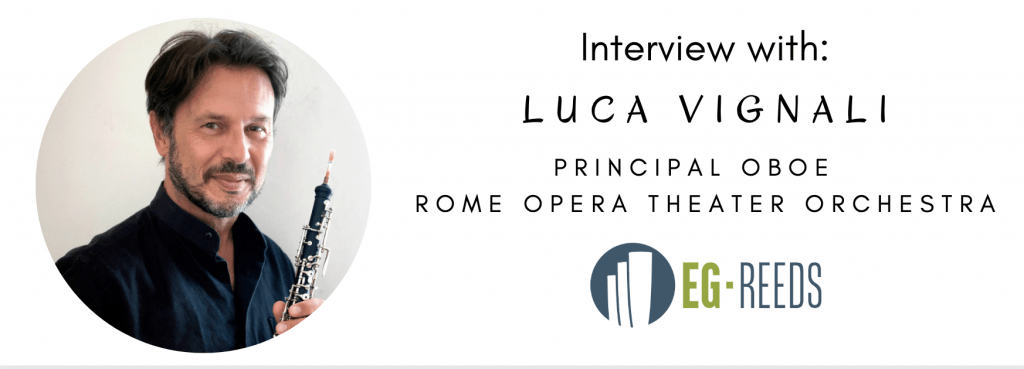
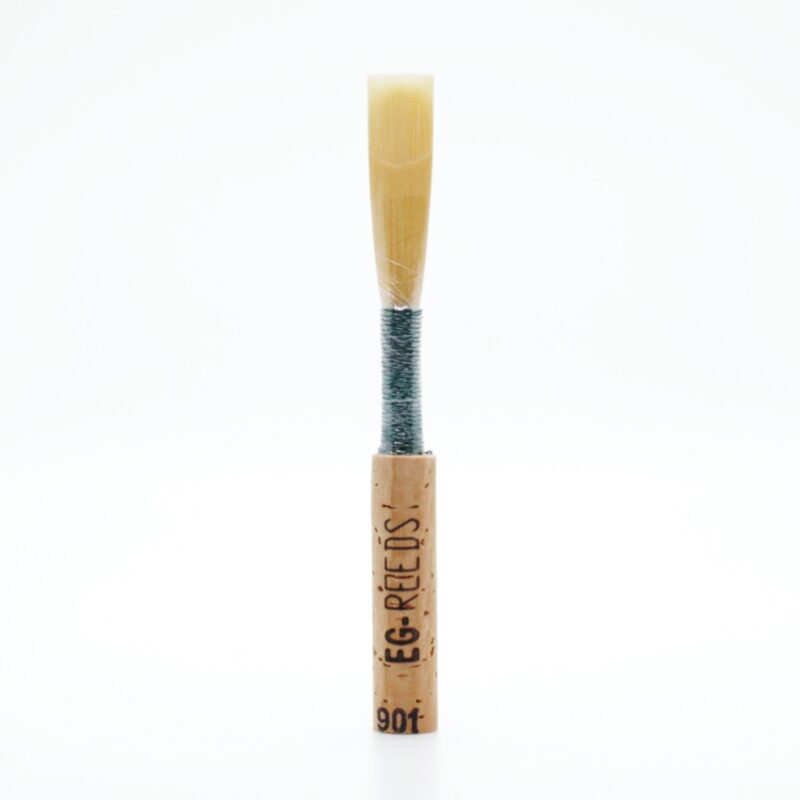

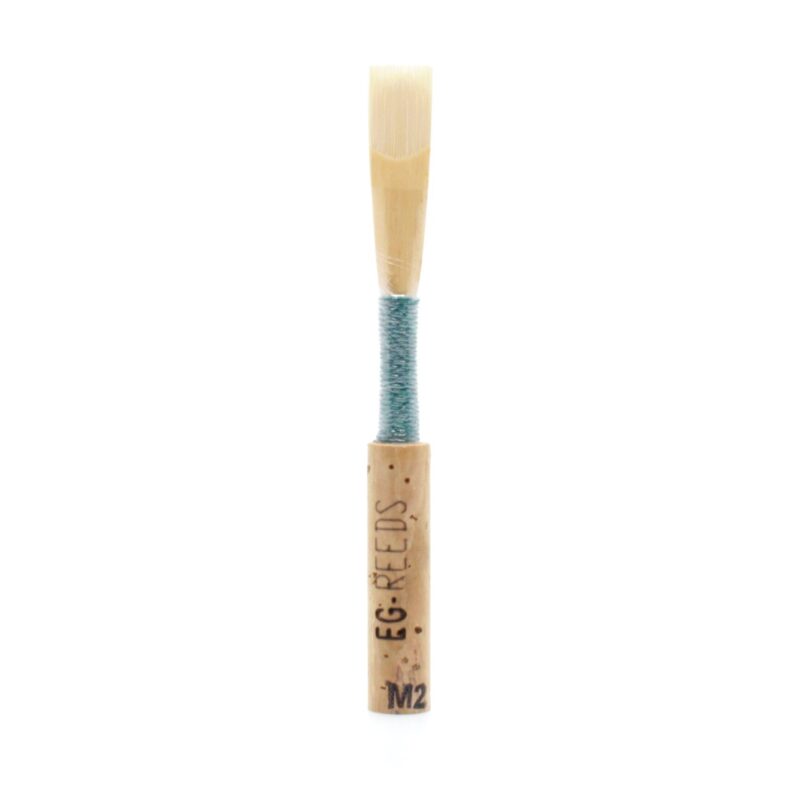
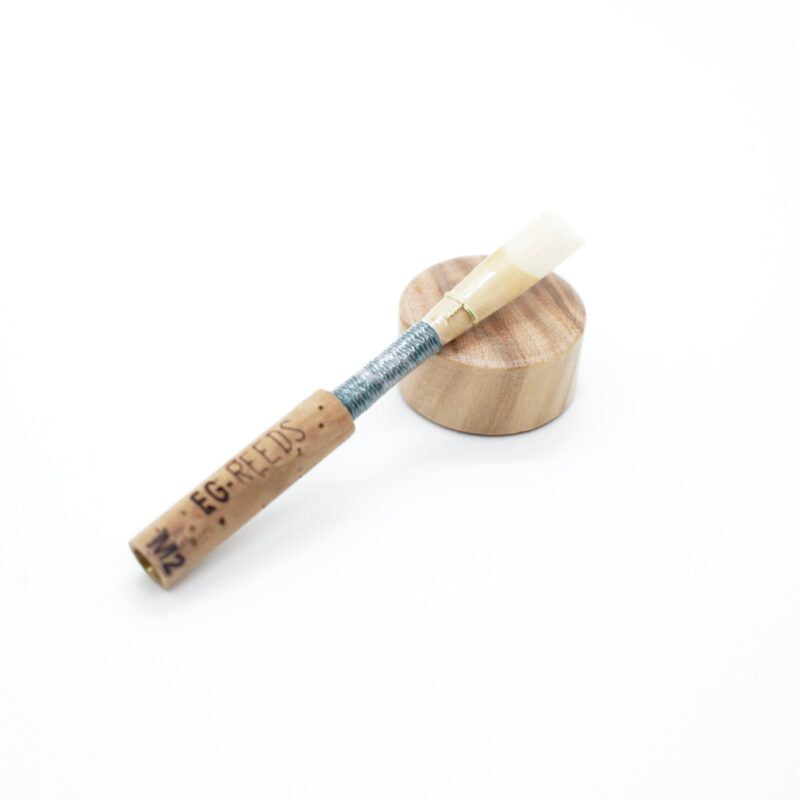

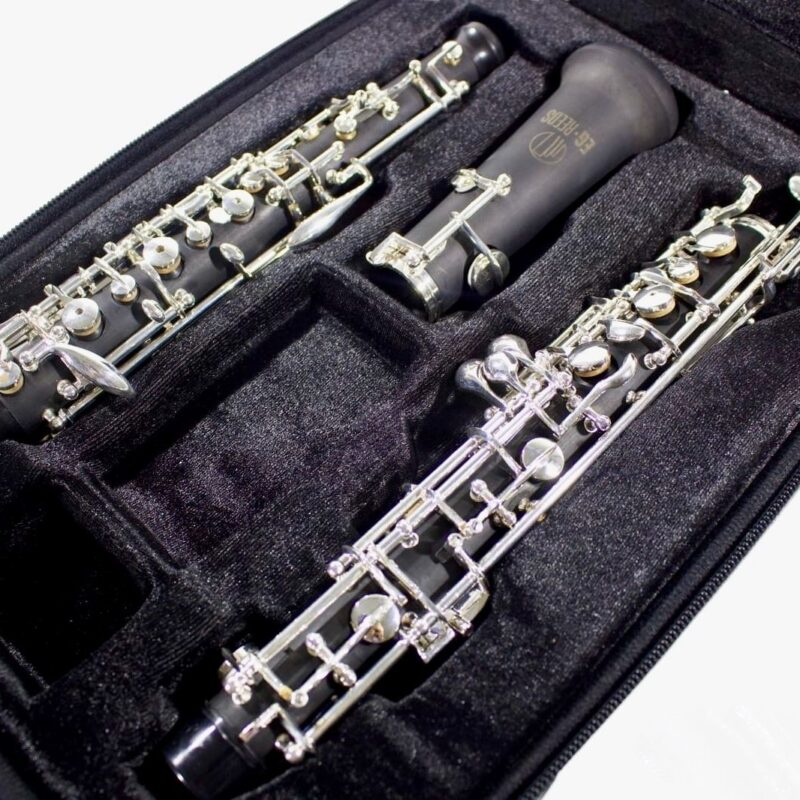

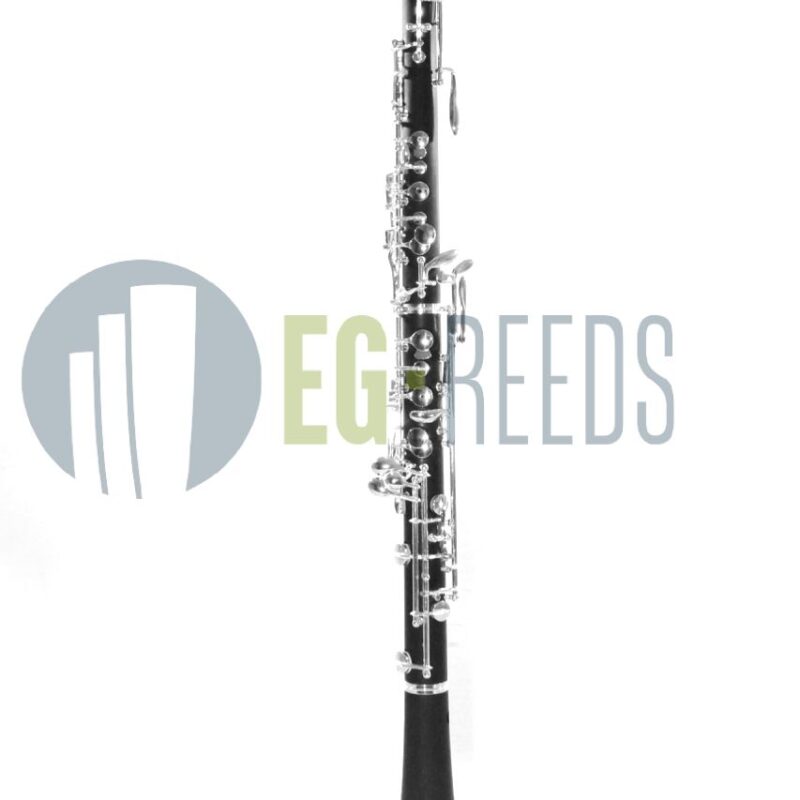
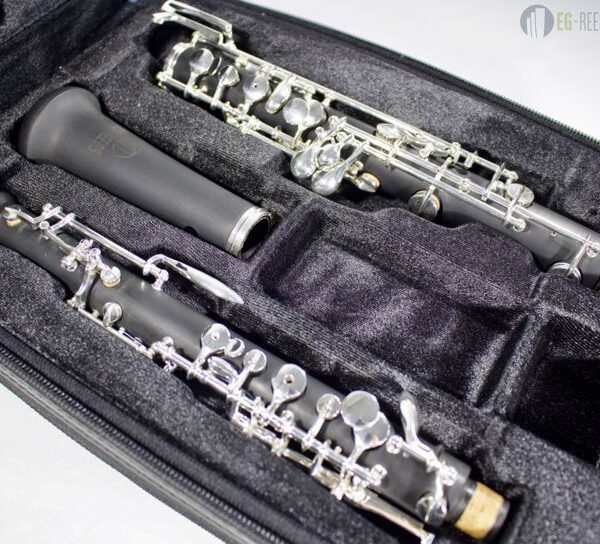
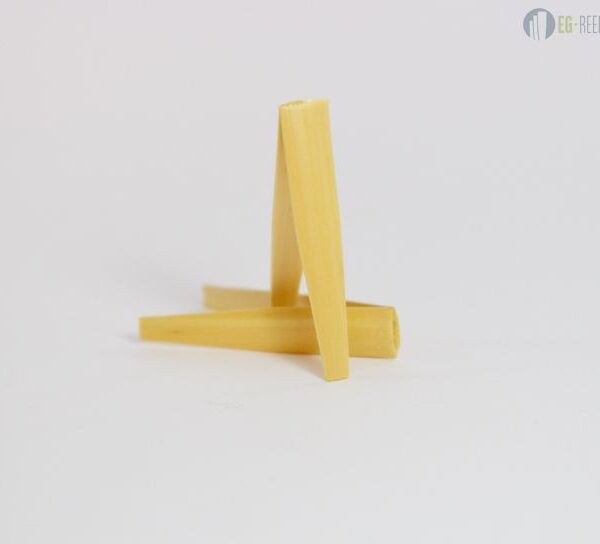
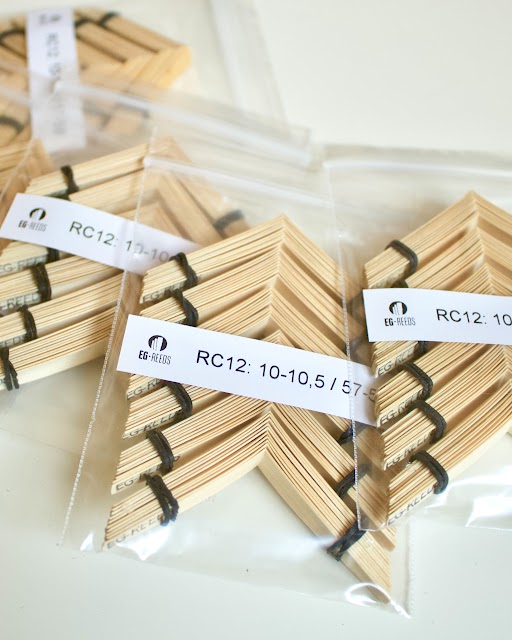


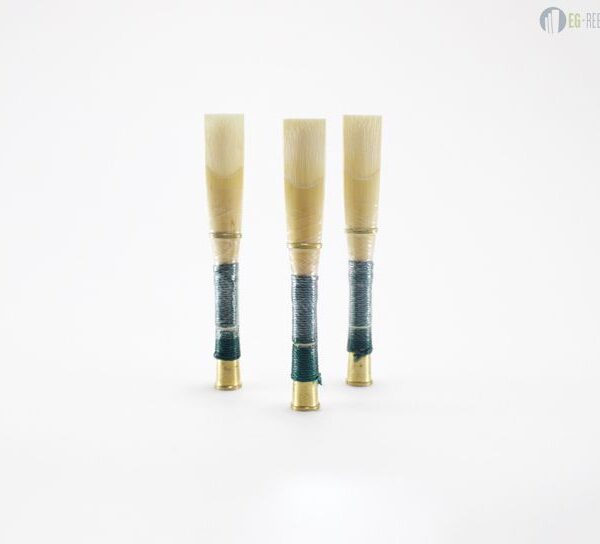
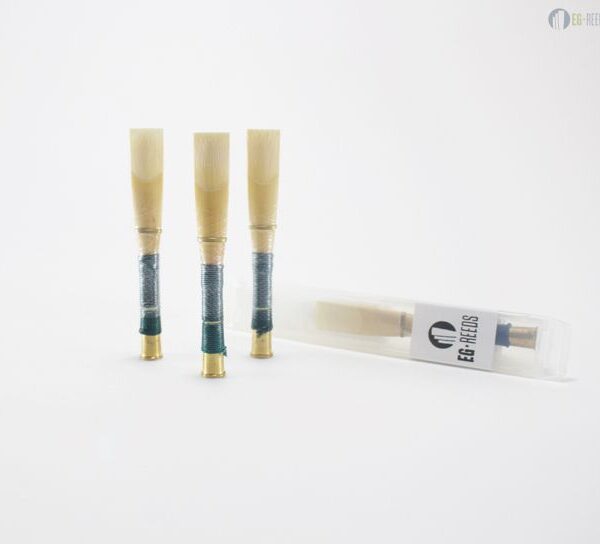

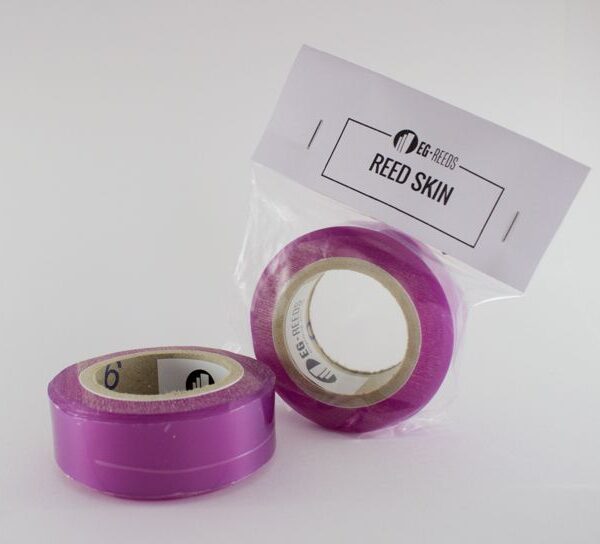
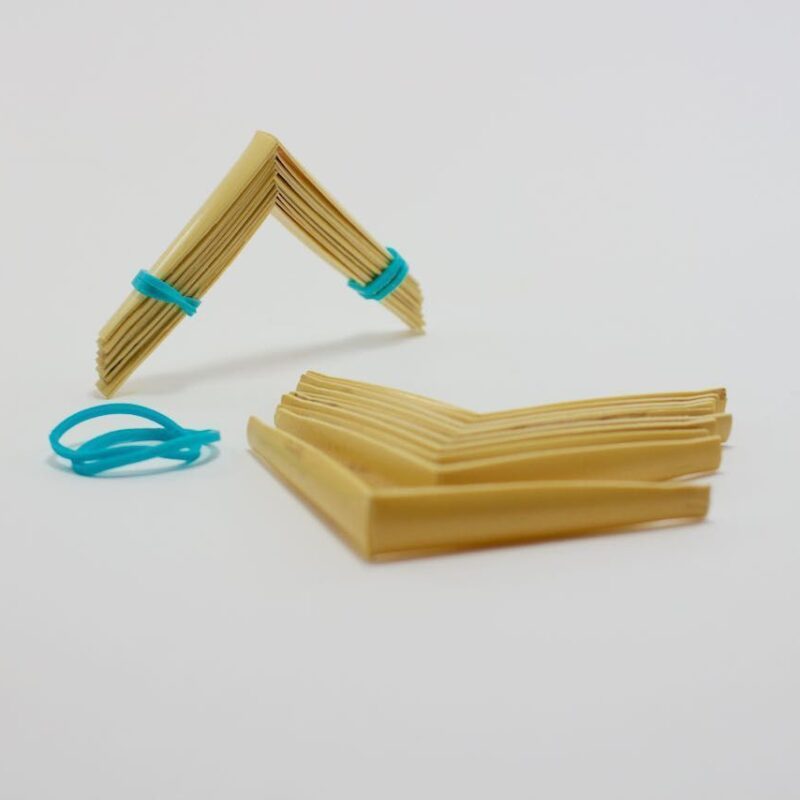
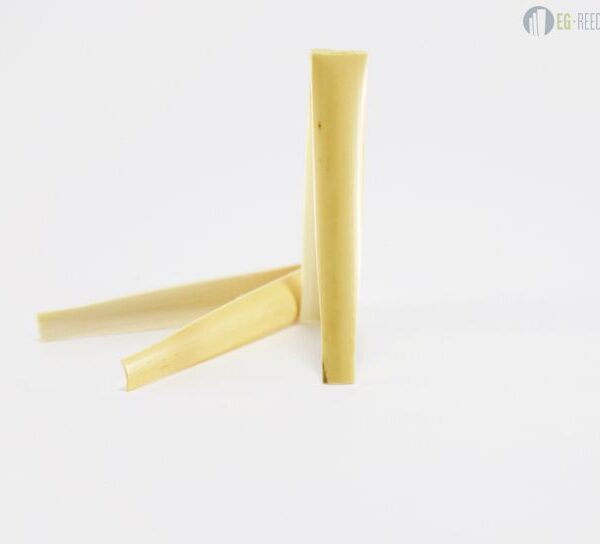


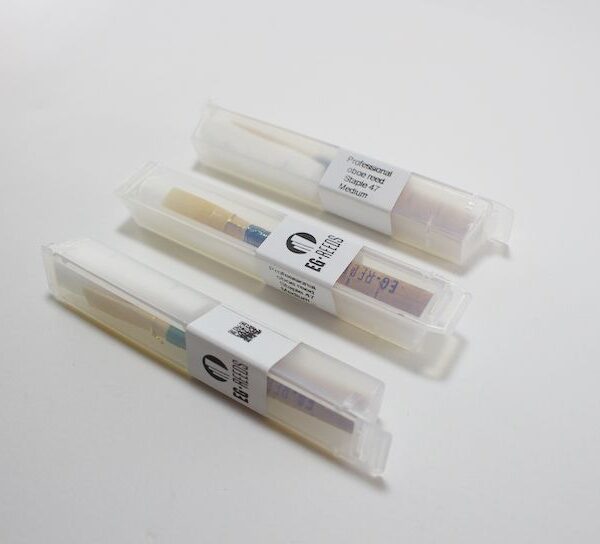

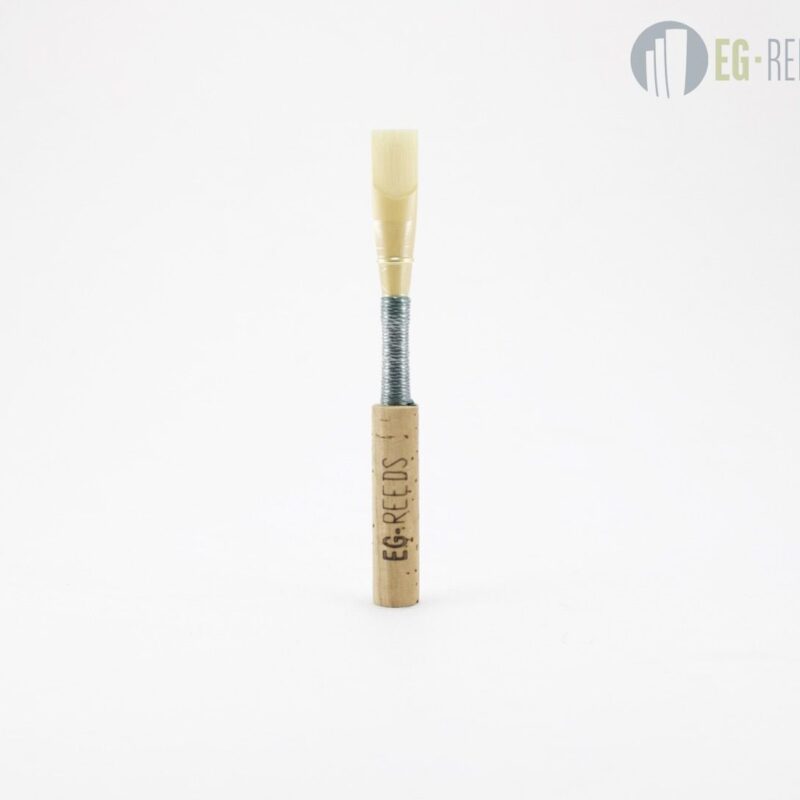
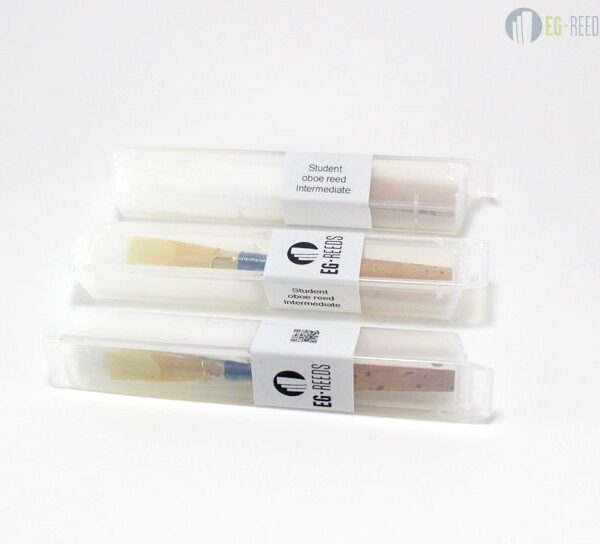
Anche hautbois Pro 901
Anche hautbois Pro M2
Hautbois intermédiaire EG-REEDS
Anche hautbois Mayer
Hautbois étudiant débutant EG-REEDS
Roseaux taillés hautbois EG-REEDS
Anche hautbois étudiant (débutant) EG-REEDS
Anche cor anglais Pro EG-REEDS
Changements dans nos options de livraison à partir du 1er janvier 2026
François Leleux
Nov
Maurice Bourgue
Mar
Le hautbois dans la musique de film
Mar
Albrecht Mayer
Fév
Anches de hautbois : l’anche idéale pour chaque étape
Jan
Comment acheter le meilleur hautbois pour les étudiants?
Jan
Heinz Holliger
Jan